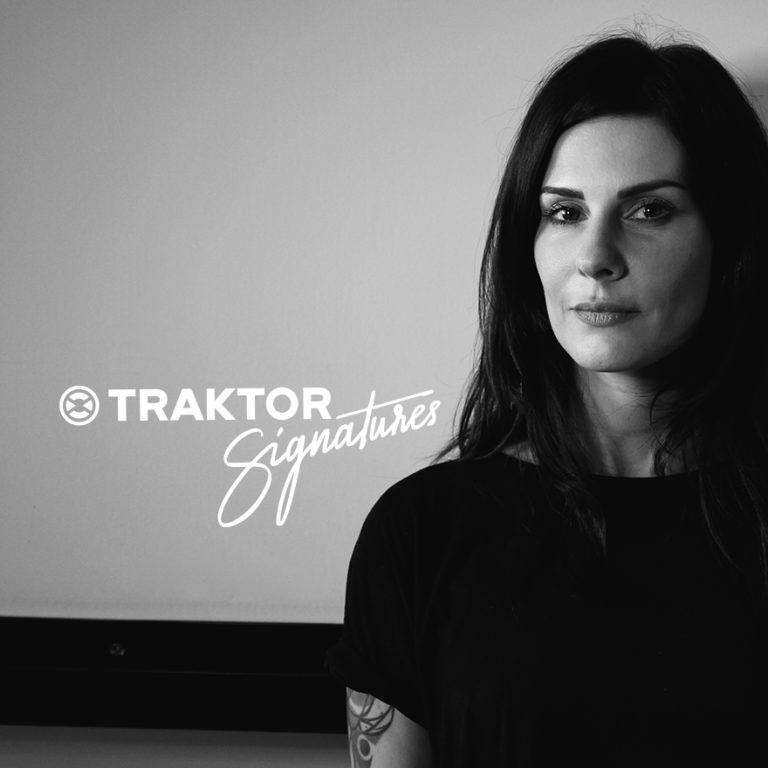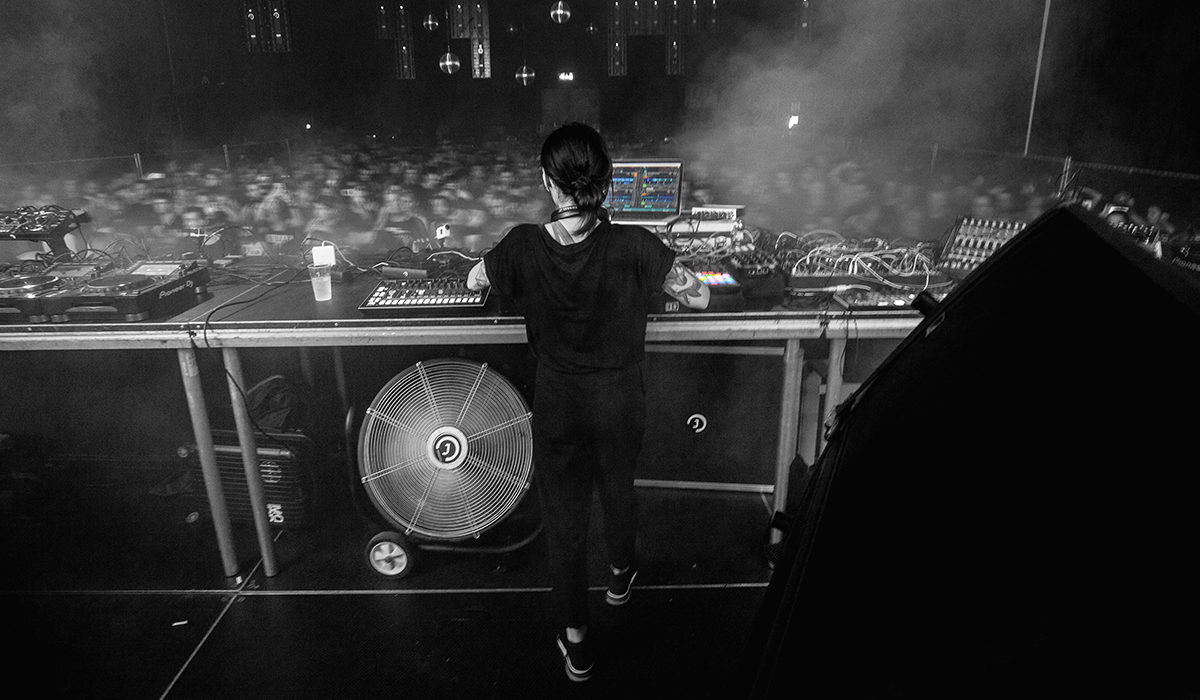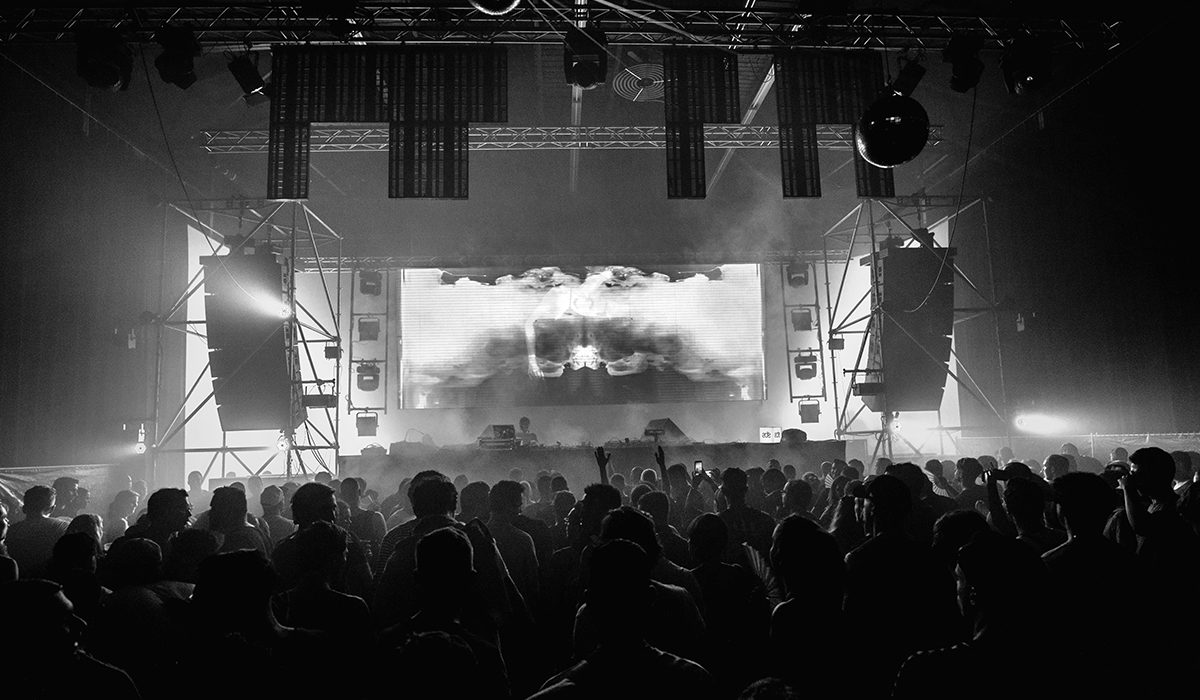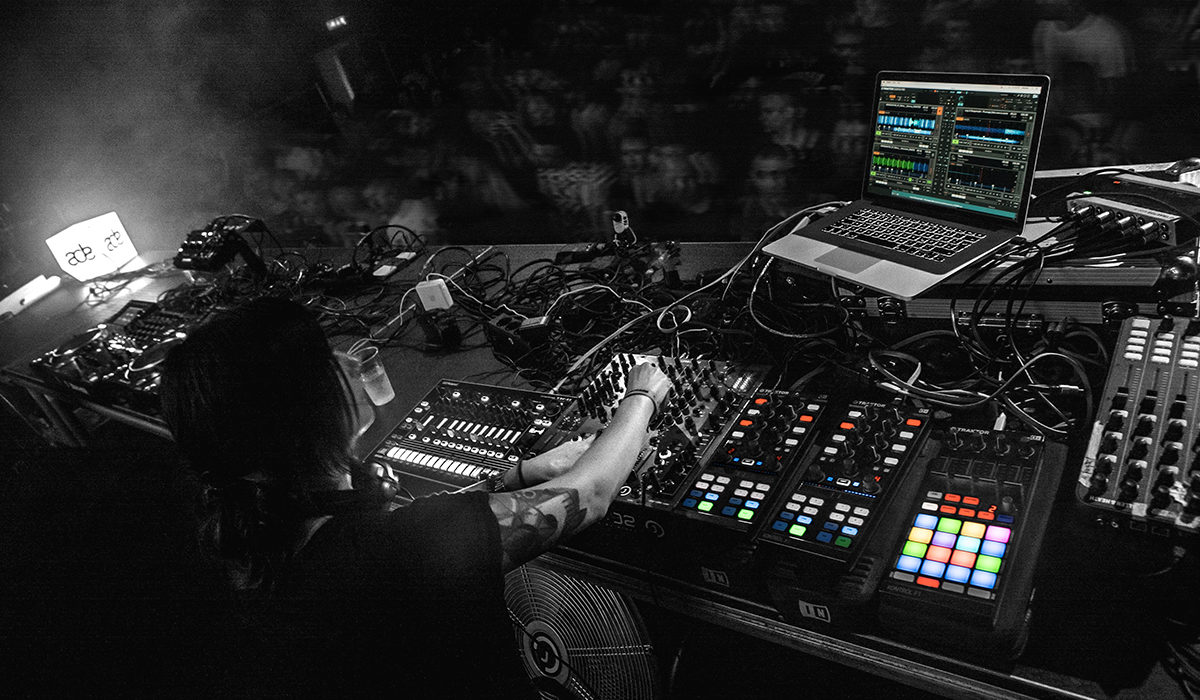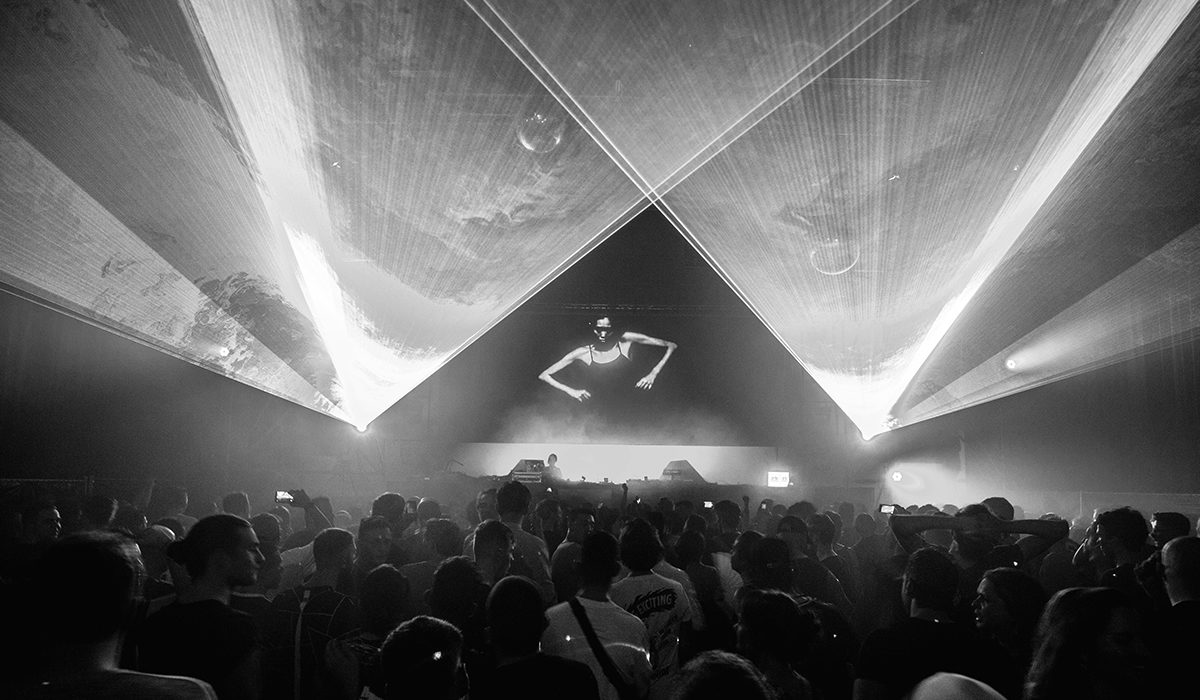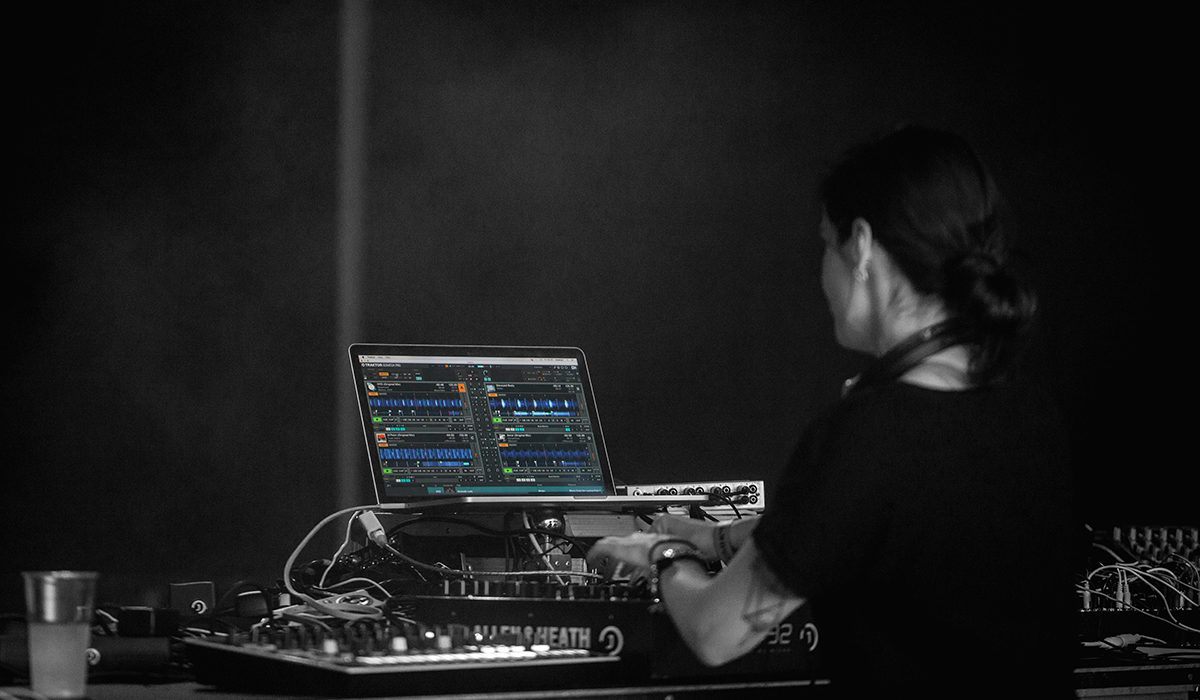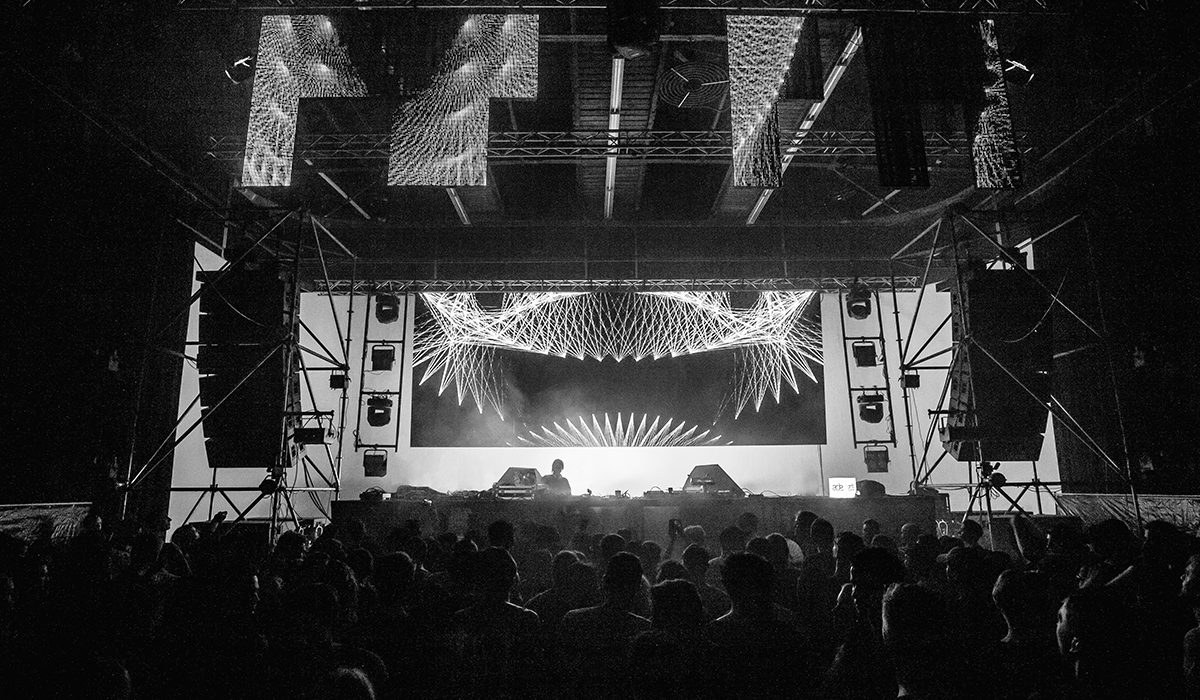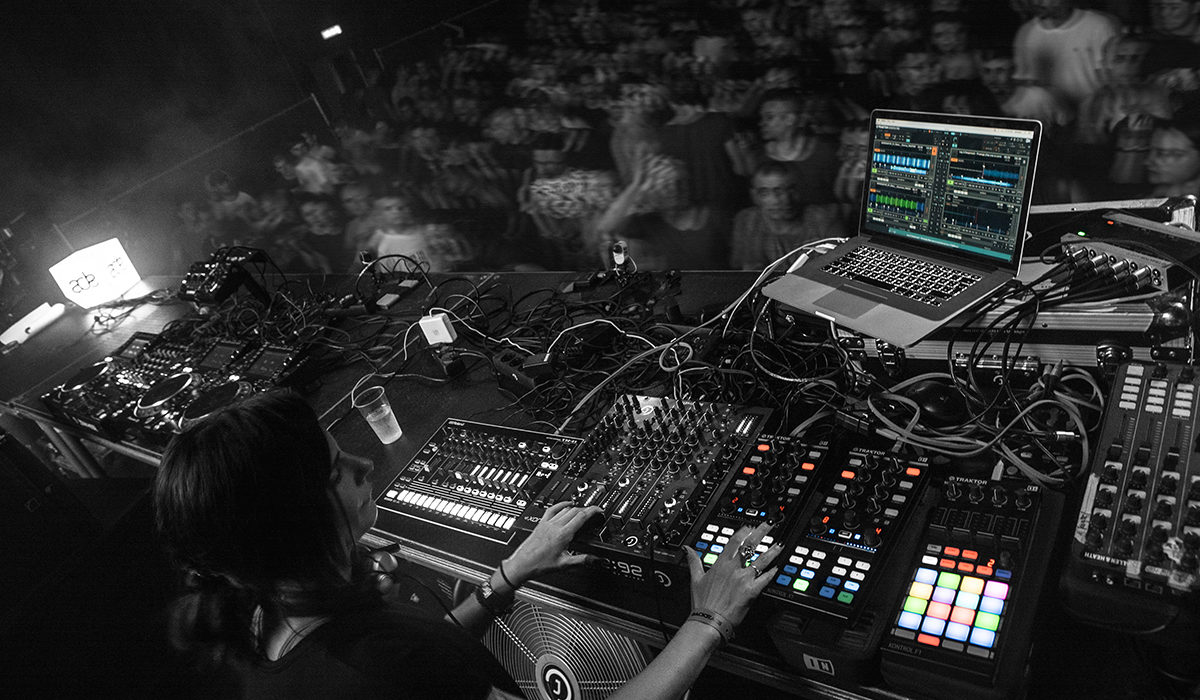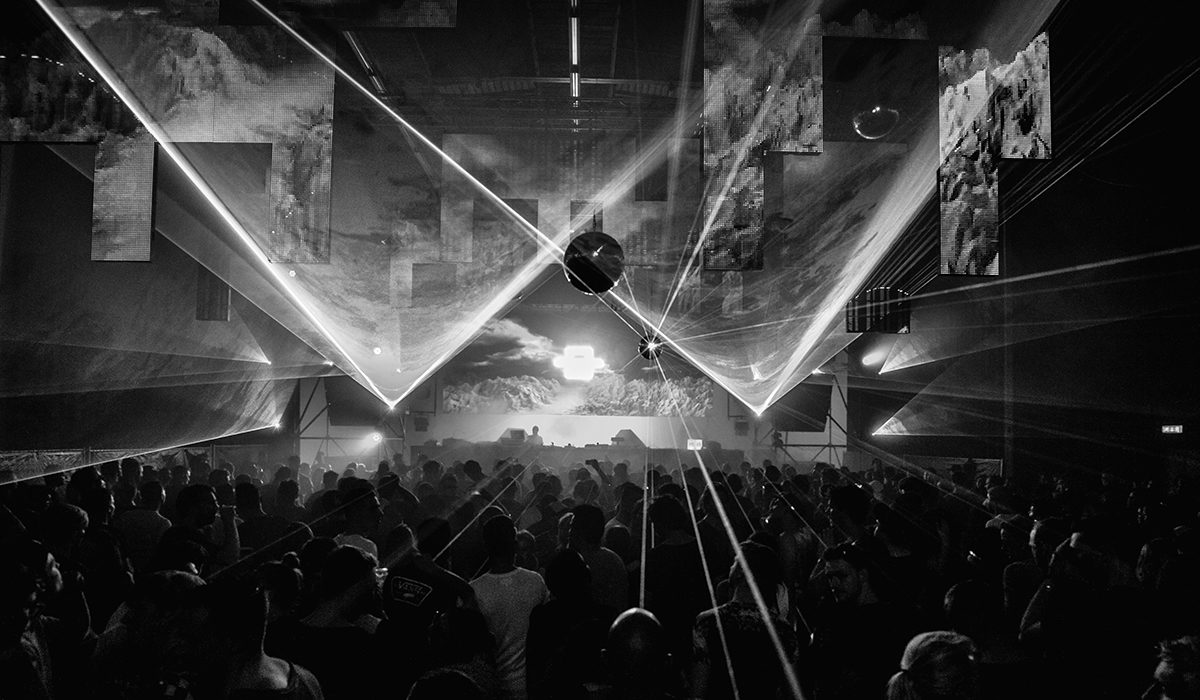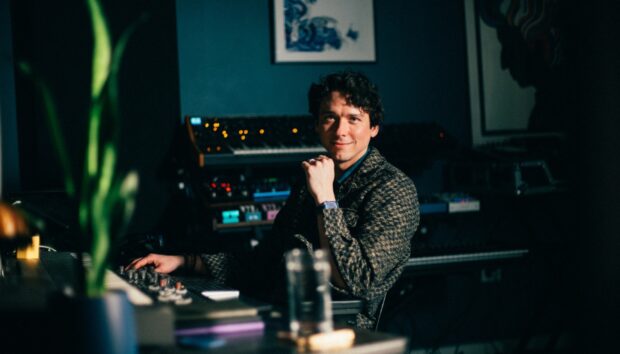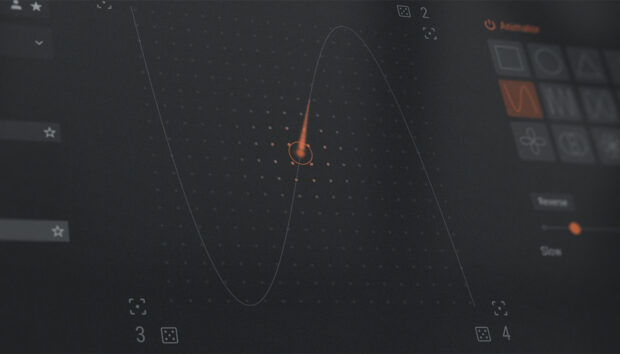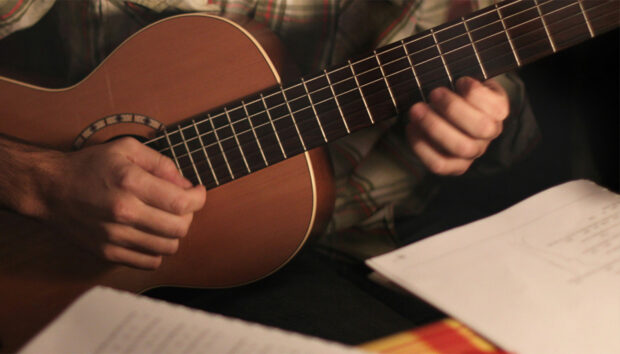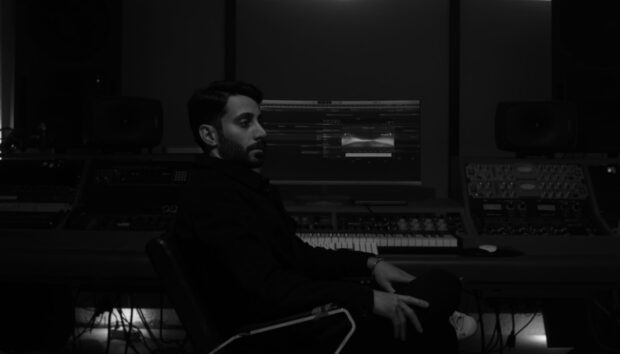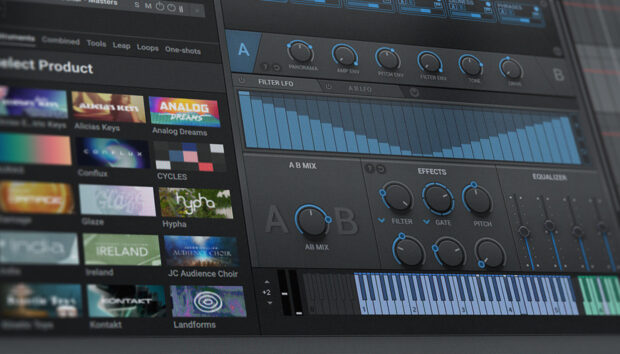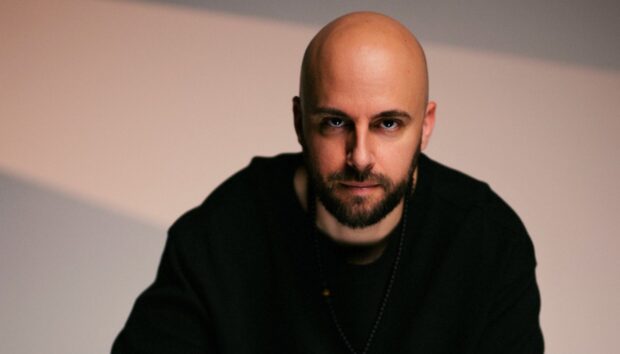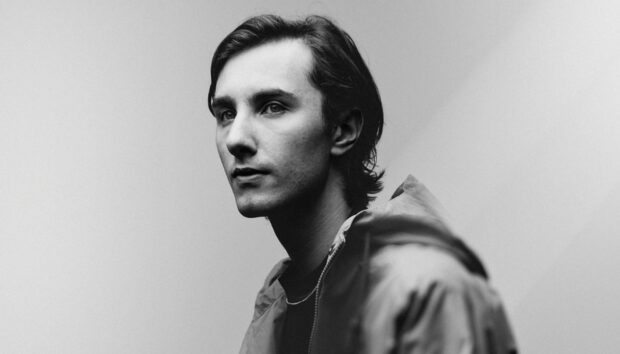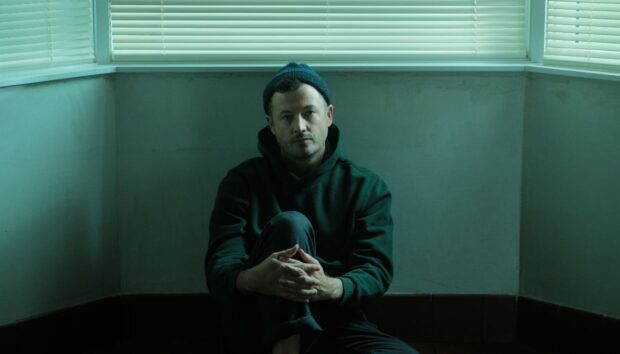Birmingham-born, Berlin-based DJ and producer, Rebekah, is one of the hardest-working and most in-demand DJs on the techno circuit. Drawing on two decades of experience, her tough-as-nails TRAKTOR-based techno sets routinely blur the lines between live performance and conventional DJing.
The artist
Do you remember the experience that made you get into DJing?
It was in 1996, when I first saw a DJ playing in a club and I was like: “That’s what I want to do. That’s it!”
At the age of 16 it wasn’t fully the music… don’t get me wrong, I love the music and I love dancing, but at that age especially, you’re very impressionable and I have to be honest and admit that part of it was also the call of wanting to be the center of attention and be in that environment.
How did it evolve from there?
It took quite a long time to really find my style and what I liked. Because from the starting point of “OK, I want to be a DJ,” I had to do a lot of music education. I read a lot, any information I could get on Chicago and Detroit, I devoured it! I was really hungry for it.
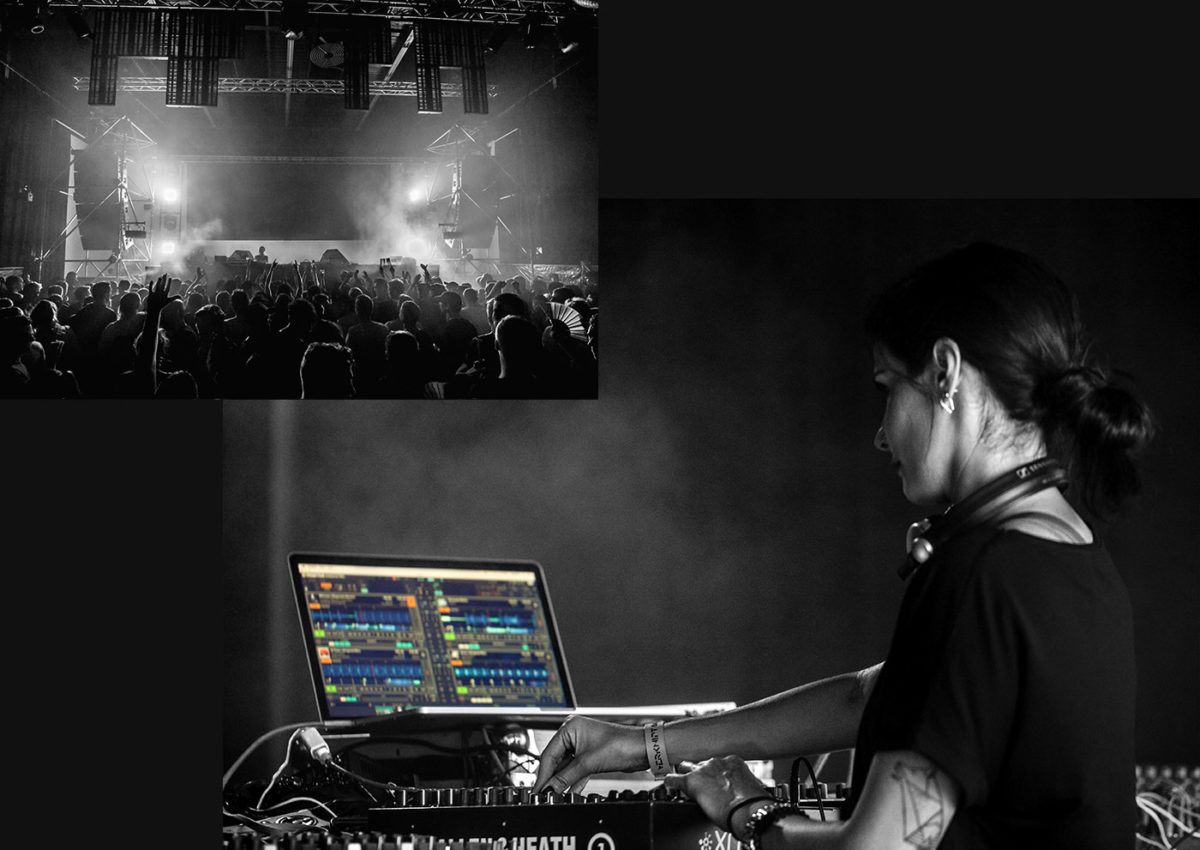
Sounds like you really invested quite some time ‘studying’!
Yes. While I was at college, ironically, whilst studying for my exams, (Laughter) I was actually studying dance music culture. And I discovered the music that I play now about a year after that and it just blew my mind.
Your sound is very specific. Can you describe your ‘ingredients’?
A little bit of distorted beats is always good. But it’s more about combining sounds — it can be the melody, or some kind of ’90s acid. I try to incorporate different sounds into one set, so it’s not just the same sound for two hours, for me this is always the challenge.
And could you describe your signature sound?
In the end, it’s all about the kick drums, I’d say. My signature sound can be very aggressive. I’ve always been really aggressive when I DJ.
Not as a person? (Laughter)
No, no, I’m chilled. Honest! (Laughter)
What makes your DJ sets yours?
Most people would probably say that I’m quite relentless. I don’t play a lot of big breakdowns — I focus more on the layering and the grooves, then coming up to a crescendo, and then doing the breakdown. Or dropping it completely, and then starting over.
You’re infamous for your energetic sets.
Yes, I like to keep the energy up. I use breakbeats and some electro to go off on different tangents, and come back. But the heart of the set is hard-edged techno music. But I hate saying ‘hard-edged’, because for me it’s just techno music. But, you know, people need to put things into boxes.
The setup
What does your setup look like? Walk us through it.
It’s Traktor at the core: four channels, controlled with two X1s and an F1. And I have the RME UCX sound card.
Live elements are the Roland TR-8, and the Korg Volca Bass. And I have some little guitar pedals for the Volca Bass, because otherwise it’s a bit dry.
How important is that setup in achieving your sound as a DJ?
I especially think the addition of the drum machine is helping me achieve the overall sound by keeping the energy going. Whether it’s the TR-8 or the Volca, I think these are perfect additions to the Traktor setup.
Do these extra sound sources present any sonic challenges?
The Volca Bass sounds really big, it dominates pretty much everything, and you have to free up some space. Because I’m on four channels on Traktor, I’m freeing up space, stripping it back, to add the synth. So, I’m still not 100% sure with the Volca and whether it is really needed.
Does your musical direction influence gear choices? What’s next on the “to buy” list?
In the past few years the ’90s techno sound that I was really into, has come back in a big way and now I feel like I pretty much have those records and that sound, and now I want to explore different sounds and digging more into noise and fm synthesis. So I’m pushing myself again. I am starting to look at a modular system to incorporate.
TRAKTOR use
How did TRAKTOR change your approach to DJing?
When I was playing CDJs and turntables, the focus was on beatmatching. Which was fine, that is the first challenge of learning to DJ and part of the artform — but it didn’t give me the freedom to do much else.
Removing this element freed up more time to be creative. Traktor gives me this freedom.
What excites you about playing live with TRAKTOR?
I like the element of surprise, of mixing things. Being on the edge of whether the mix will work or not. Like, the feeling of “Oh, it’s too much.” Or things drop out, and you get to a point of “Hey, what do I need to do?” With Traktor, you just hit a cue point and bring a track back in. I like that. I like the re-editing of tracks on the fly.
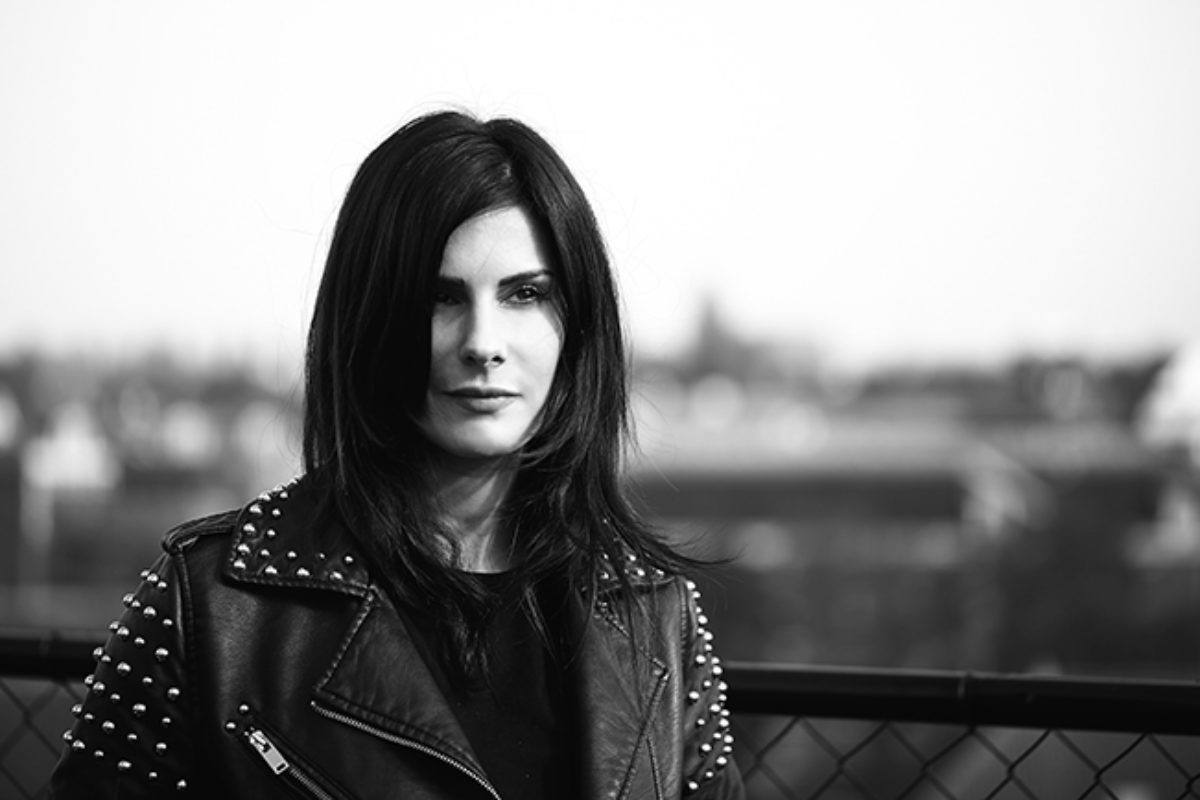
What’s your most heavily used TRAKTOR feature? How do you use it?
The cue points, to move around the track quickly. It could be the beginning of a breakdown, at the end of the record, if there are beatless pads on the outro. So you create your own arrangement and dictate when a break should happen. This gives me the control to work with my energy and transmit that through the set, so with every set, it’s going to be slightly different. That’s what Traktor gives me. It makes it more unique.
And what’s your favourite TRAKTOR trick right now, today?
Mapping the master tempo to my Traktor Kontrol F1 controller. I get faster, then pitch it down again — I can really mess with people’s heads. I use that quite a lot recently.
Download free demo version of TRAKTOR PRO 2 here.>








